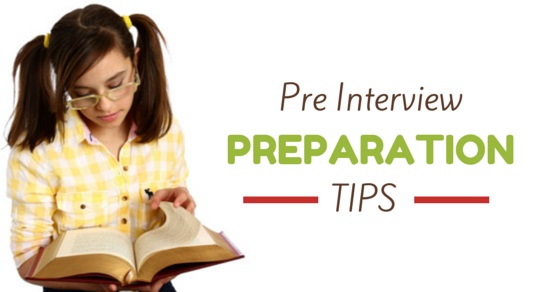You Want To Succeed An Interview, Let’s Start
Broadly, there are two sectors to work with, either in public or in private. You must go through a specific phase to join any of the above and at a decent post.
Yes, you are right. It is the Personal Interview (PI).
Now you should be aware that this process is not only for the freshers,
but it is there for everyone who is seeking a new opportunity and to be a part
of any new firm. So, despite being a fresher or the most competent and
qualified job seeker, you must succeed in your Interview.
I am a fortunate student of ICFAI Business School. This B-School
conducts separate interview preparation sessions having the faculties of
Personal Effectiveness Management, Soft Skills, and Senior Industry
Specialists. They prepare a structural pedagogy framework to enhance the
personality of each and every student, including me.
Recently, this B-School organized a workshop, which focused on the basic
principles and guidelines to ace your Personal Interview.
Image source https://content.wisestep.com/wp-content/uploads/2014/12/pre-interview-preparation.jpg
Six Effective Guidelines To Succeed In The Interview
- While hiring, an experienced
interviewer does not make exclusive decisions based on your Curriculum
Vitae (CV) or Resume. They will see the potential or possibilities of a
candidate.
- Every individual needs an
edge, an ability to differentiate from their competition.
- You can start your Interview
Preparation by today instead of waiting for a scheduled interview. You can
begin by using the recommendations provided to you.
- It would help if you told
compelling stories about past accomplishments to define how you behave in
different situations and allow the interviewer to imagine you in the role.
- Whenever possible, try to
put real-life examples during the Interview. It specifies your leadership
style or approach to collaboration.
- You can use a framework
called STAR to develop compelling accomplishment stories. STAR which stands
for Situation, Task, Action, and Result. It keeps the focus of your
accounts on the essential points and helps an employer to understand how
you overcome obstacles to accomplish tasks.
- Situation: Specify the
context for your story, including details like the company, role, or
project.
- Task: What do you want to do,
and what were the challenges during the task?
- Action: Brief the process
of fulfilling the task. Also, highlight those situations when you went
above and beyond what is required.
- Result: the positive
impacts of your actions and the possibilities to the results
Apart from the above principles, the workshop mentioned a standard checklist to follow before going for an Interview.
Standard Checklist
for Every Aspiring Candidate
- Dress appropriately to remain one step ahead of other candidates. If you are not confirmed, you can feel free to ask for guidance.
- Carry two copies of Resume and a Notepad.
- For an on-site interview, arrive a few minutes early and always remember the time required to find the location, parking, and check-in.
- For a virtual interview, ensure you connect appropriately with the interviewer. Download and practice till ease, the necessary software ahead of time
- Keep yourself comfortable. Please focus on the conversation and keep it distractions free. Request a quick break if you want to adjust or address a distraction, for example: to get a drink of water, stretch etc.
- Send a thank-you note to the interviewer. You can ask the recruiter if you don't have every interviewer's email address. The mail's content should be personal, thanking the interviewer for their time and attention.
As you
know, the interview process is crucial for recruiting any employee who fits the
company's vision and way of working. The pressure was very high on both the
recruiter and the candidate itself.
Research
shows that sixty percent of interviewers have a conclusion about a candidate
within the first 10 minutes of an interview. It may be possible that a
candidate cannot deliver his most satisfactory performance within the first
half of the Interview, but he can excel at his job.
So, you
need to work on body language, facial expressions, way of answering questions,
etc.
Way Forward
Overall,
once you complete your preparation, you must remember that your open mind will
be the deciding factor. Even if you couldn't know what will happen in the
Interview. But you can still practice building your confidence.
Always
remember that interview provides an opportunity to prove yourself. It is
essential to avoid mistakes of assuming that you know everything about the
role, job descriptions etc.
Sometimes
the pre-information can be less specific, as they might need special
requirements, and other roles also. But if you aim to understand the role
during the Interview, then you were empowered to decide what suits you better
before the employer makes that decision. The interview process may take on
different shapes but you need to perform better every minute because the
organization wants to recruit better candidates for long-term success.


Comments
Post a Comment